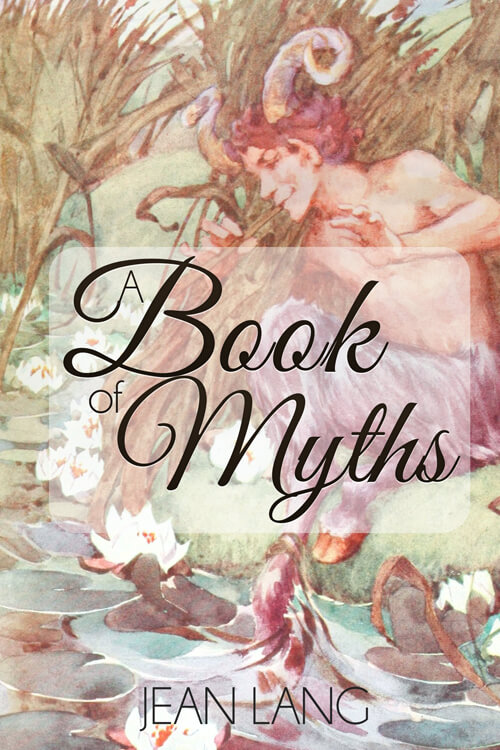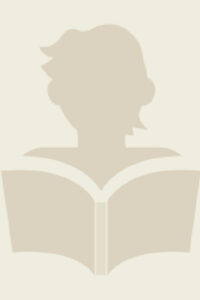
A Book of Myths
Those who are interested in watching the mental development of a child must have noted that when the baby has learned to speak even a little, it begins to show its growing intelligence by asking questions. “What is this?” it would seem at first to ask about simple things that to it are still mysteries. Soon it arrives at the more far-reaching inquiries—“Why is this so?” “How did this happen?” As the child’s mental growth continues, the painstaking and conscientious parent or guardian is many times faced with questions that lack of knowledge, or sensitive honesty, prevents him from answering either with assurance or with ingenuity.
As with the child, so it has ever been with the human race. Man has always come into the world asking “How?” “Why?” “What?” and so the Hebrew, the Greek, the Maori, the Australian blackfellow, the Norseman—in a word, each race of mankind—has formed for itself an explanation of existence, an answer to the questions of the groping child mind—“Who made the world?” “What is God?” “What made a God think of fire and air and water?” “Why am I, I?”
Into the explanation of creation and existence given by the Greeks come the stories of Prometheus and Pandora. The world, as first it was, to the Greeks was such a world as the one of which we read in the Book of Genesis—“without form, and void.” It was a sunless world in which land, air, and sea were mixed up together, and over which reigned a deity called Chaos. With him ruled the goddess of Night and their son was Erebus, god of Darkness. When the two beautiful children of Erebus, Light and Day, had flooded formless space with their radiance, Eros, the god of Love, was born, and Light and Day and Love, working together, turned discord into harmony and made the earth, the sea, and the sky into one perfect whole. A giant race, a race of Titans, in time populated this newly-made earth, and of these one of the mightiest was Prometheus. To him, and his brother Epimetheus, was entrusted by Eros the distribution of the gifts of faculties and instincts to all the living creatures in the world, and the task of making a creature lower than the gods, something less great than the Titans, yet in knowledge and understanding infinitely higher than the beasts and birds and fishes. At the hands of the Titan brothers, birds, beasts, and fishes had fared handsomely. They were Titanic in their generosity, and so prodigal had they been in their gifts that when they would fain have carried out the commands of Eros they found that nothing was left for the equipment of this being, to be called Man. Yet, nothing daunted, Prometheus took some clay from the ground at his feet, moistened it with water, and fashioned it into an image, in form like the gods. Into its nostrils Eros breathed the spirit of life, Pallas Athené endowed it with a soul, and the first man looked wonderingly round on the earth that was to be his heritage. Prometheus, proud of the beautiful thing of his creation, would fain have given Man a worthy gift, but no gift remained for him. He was naked, unprotected, more helpless than any of the beasts of the field, more to be pitied than any of them in that he had a soul to suffer.
Read or download Book
Jean Lang
Jean Lang (1867–1932)
Works
A Book of Myths with Helen Stratton (ill.) New York: G. P. Putnam’s Sons. 1915
Stories of the Border Marches, with John Lang






